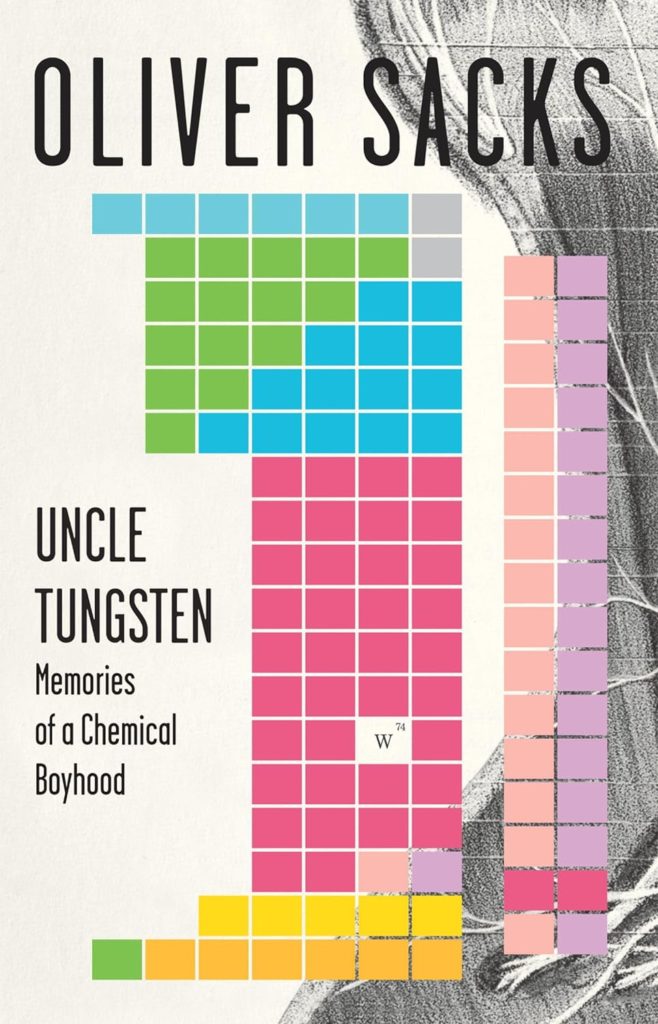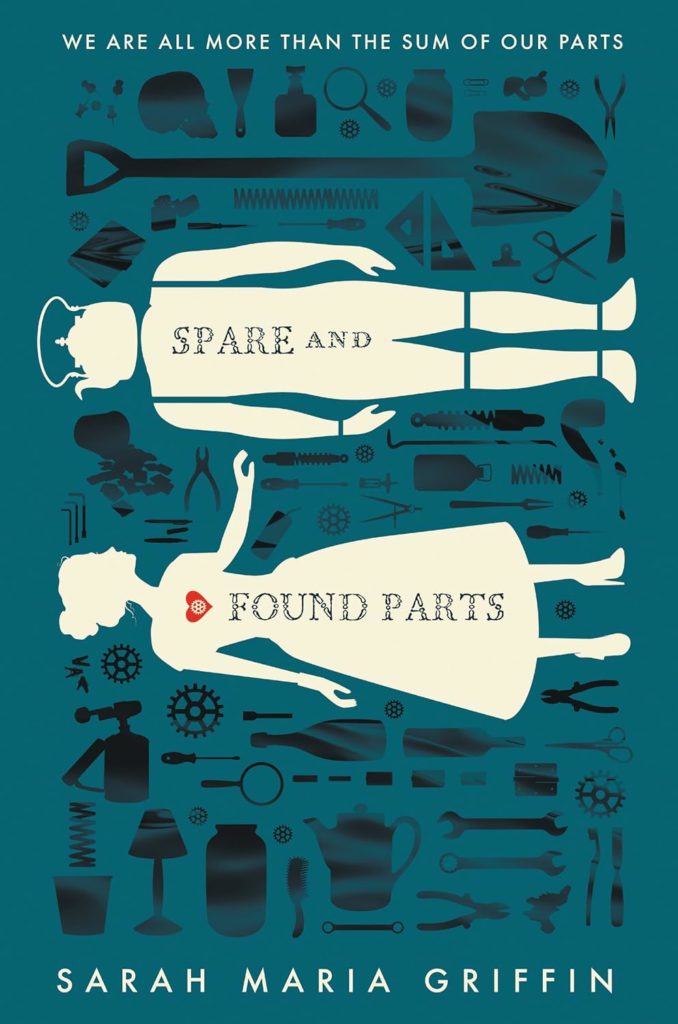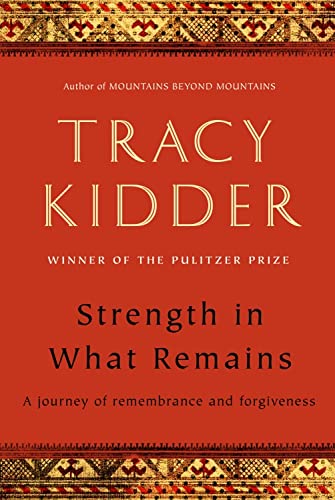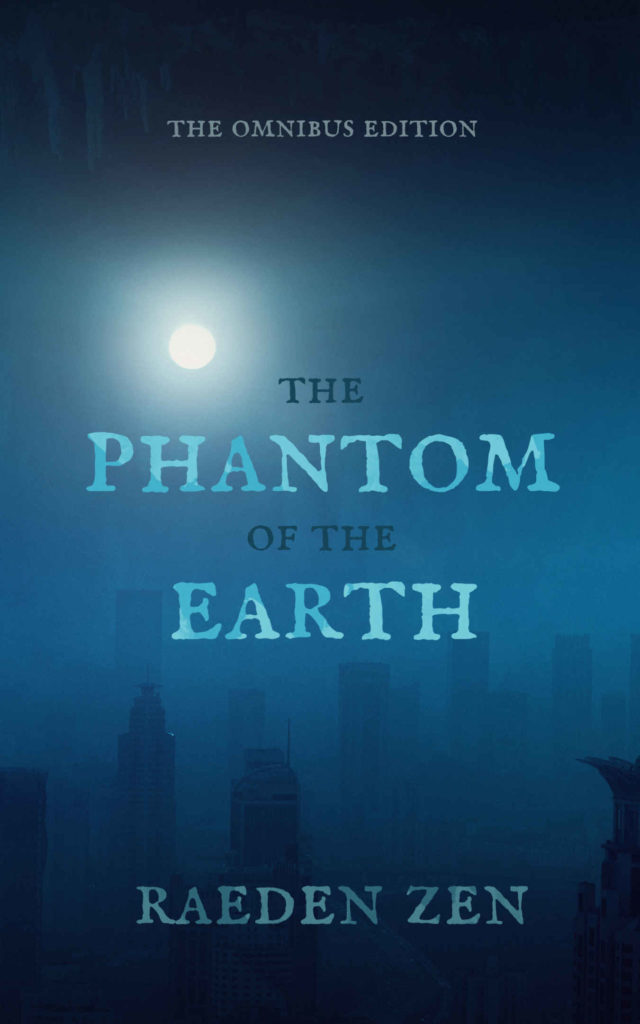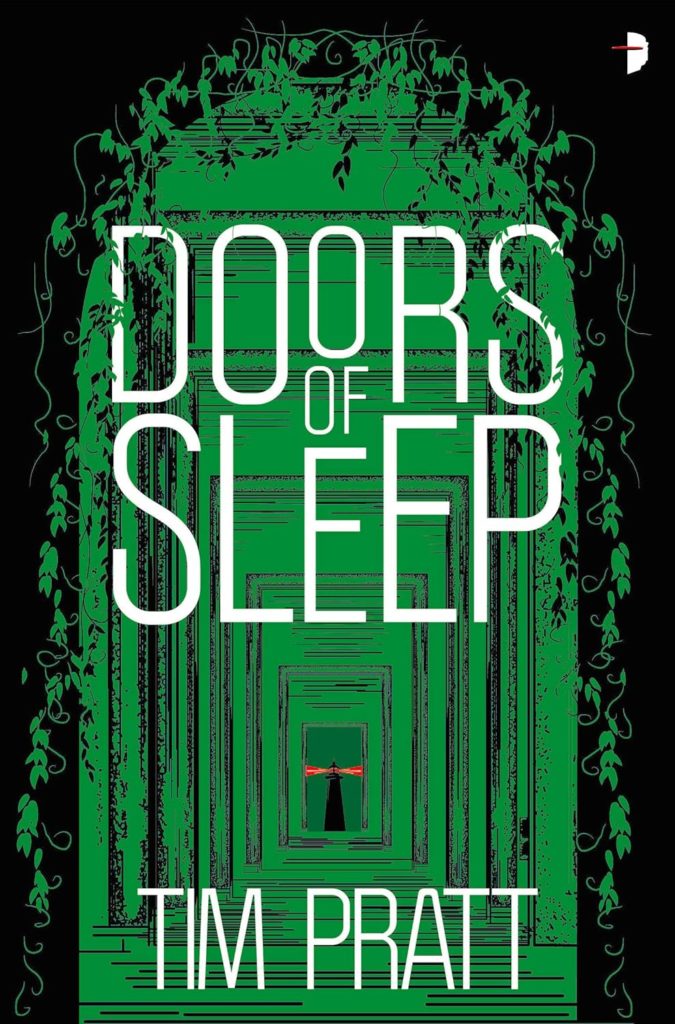Books I finished reading in May 2024. Designing and 3D-printing things sucked up a bunch of my free time this month, but I still got some reading in.

The Returning by Bryan Thomas Schmidt
Not sure how I ended up with this book, but it’s been sitting on my ereader for years.
The writing was pretty good, but the antagonist was kind of a Saturday-morning-cartooon, mustache-twirling, caricature.
Civil unrest in a sci-fi setting.
Silo 49: Going Dark by Ann Christy
Fan fiction of Hugh Howey’s Wool/Silo world. This has also been sitting on my ereader for years.
Well written and edited, decent story. I enjoyed it. Explores what happens to a silo besieged by illness with a failing population.

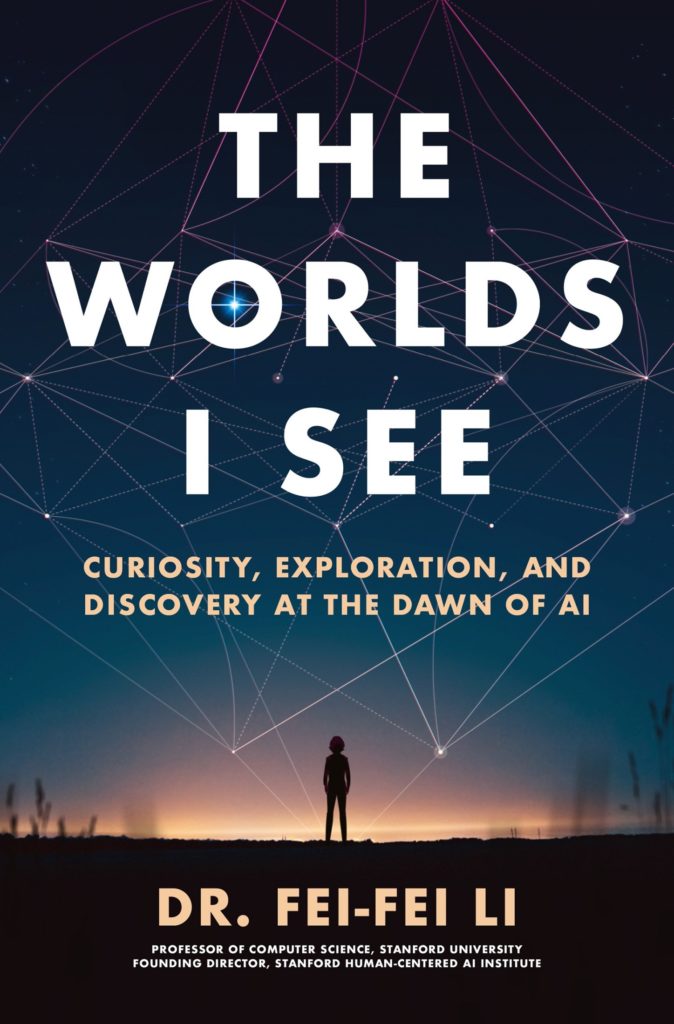
The Worlds I See by Fei-Fei Li
Our most recent book-group book at work. A sort-of-memoir, sort-of-history of the work on artificial-intelligence and machine-learning systems.
Though I found it a little grandiose to compare the (impressive, yes) improvements in AI capabilities of the past ~5 years to anything close to the revolution in chemistry and physics that was quantum mechanics and relativity.
Motel of the Mysteries by David Macaulay
I saw a description of this in a internet discussion and it sounded interesting. However, it was disappointingly shallow and short.
The concept is someone in the year 4000-something falls into an old late-20th-century motel and draws erroneous conclusions about the purpose of the contents found therein.



